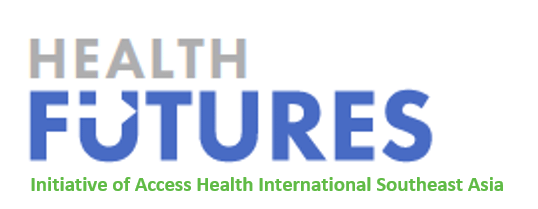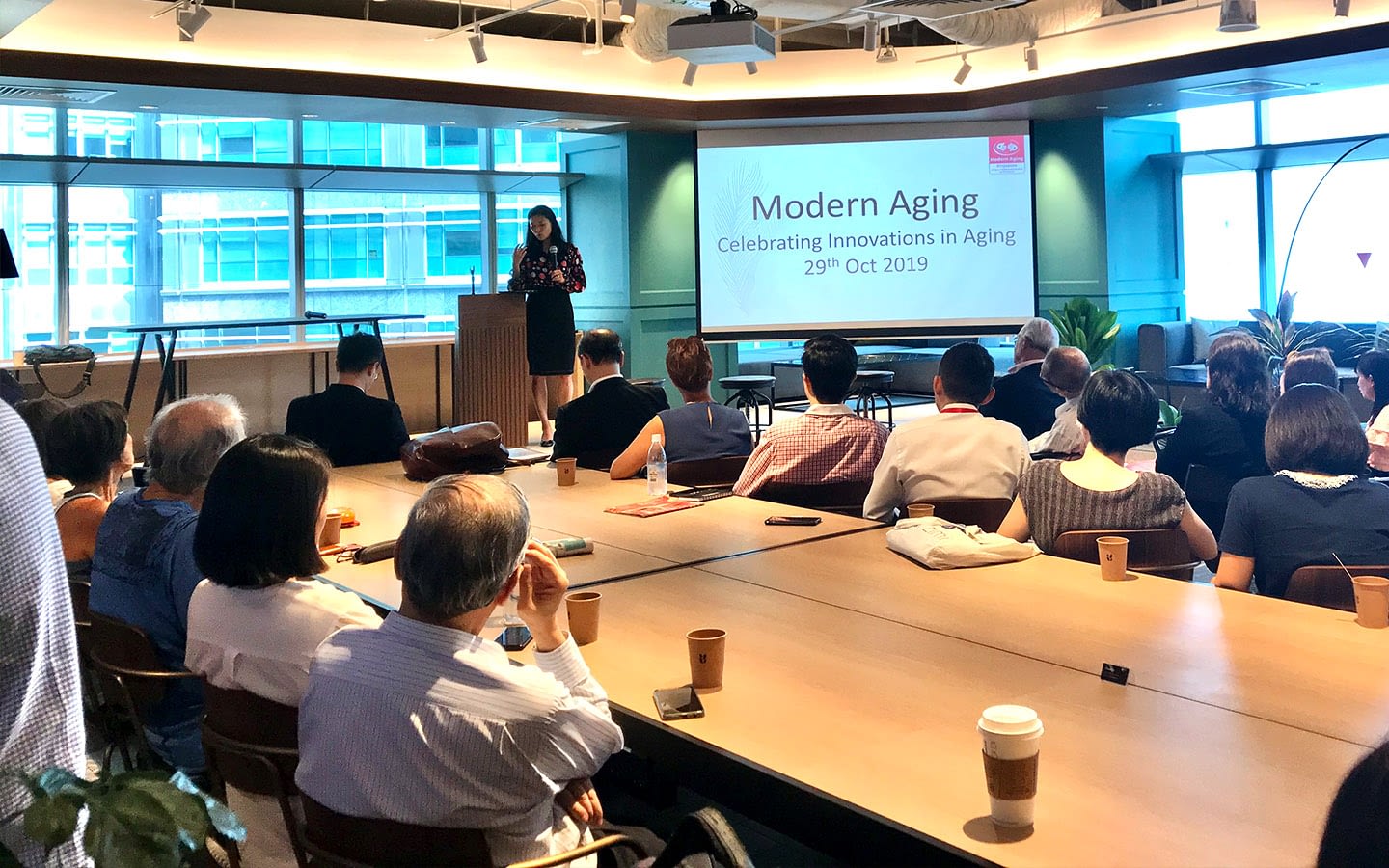On October 29, ACCESS Health Southeast Asia and NUS Enterprise hosted an event at One&Co. The purpose of the event was to highlight the progress and growth in the aging sector over the last five years and present upcoming avenues for advancement.
The event started with an insightful address by Ms. Charlene Chang, Group Director of the Ageing Planning Office in the Ministry of Health. She discussed the rapid aging population that Singapore will face in the near future with most Singaporean will be aged 65 and above by year 2030. She also discussed the government initiative that create a “Kampung” approach to create opportunities for the elderly to stay active by taking part and being part of an inclusive society. She then further elaborates the 3 main points of an aging population.
1. How technology has supported the access to the needs of the population.
Every single individual will have very different needs that need to be met. As such the categorisation of the population into “Young old”, “Old old”, “Current old” and “Future old” will better help to cater to their needs. For example, the “Young old” will need to stay active in their work or community and thus the challenge is to use technology to help them stay active in their community whether it is through applications like the “National Step Challenge” or other forms of engagement opportunities.
2. Growing Aging Economy
Due to the growing aging economy, we should capitalise Asia research and innovations for the aging demographic. Singapore has recently supported a series of Catalyst awards that recognise bold ideas and successful prototypes to improve the health of people as they age. Through these successful ideas, we can translate innovation into tangible impacts for the elderly and eventually find sustainable models for aging gracefully.
3. Staying high touch even as we go high tech
Even with the advancement of technology and innovation, we must not forget to educate and reach out to the communities. Government initiatives have been put forth with industries and community partners to enhance digital access, literacy and participation across the society. Initiatives such as Digital clinics at Community Centres and customised courses for digital learning.
The event continued with a panel discussion with industry experts including Abhishek Agrawal, CEO of Kinexcs Private Limited; Julian Koo, CEO of Jaga-Me; Sylwin Ang, General Manager of Ageing Asia Alliance; Jonathan Teoh, CEO of AN and moderated by Adrienne Mendenhall, Director of Business Development at ACCESS Health.
Panellists discussed the most remarkable change that ideas and innovation in aging has seen in the last 5 years. Ang remarked that the change of mindset and acceptance of aging being both a social and business opportunity. Teoh further commented that 10 years ago, there was no research on the topic of the silver business and although not being the most attractive topic, it is the most relevant topic in Singapore. As such there are a lot of opportunities in this ever-changing economy.
The panellist further discussed the change of non-conventional partners being included in the discussion of aging. Koo commented with the influx of innovation approaches, non-conventional partners such as peer-giving and crowd-funding can now be tapped on for the generosity of a crowd in terms of supporting causes of aging and health. Ang further added prominent non-conventional partners include the Funders with talks about financing in age care and having conversations int the healthcare sector.
A third point that was discussed is the gap that needs to be filled to keep up with the current pact of innovation improving around aging in Singapore. Agrawal commented that there are 4 main stakeholders namely Investors, customers, employees and vendors. Most important in running a business are having customers who are open minded, able to accept risk, digest failure and still be able to continue working with you even after failure. Finding investors that are strategic, focused and willing to support you during failures rather than running away is also another key factor.
The launch was brought to a close by a productive networking session. ACCESS Health and NUS Enterprise look forward to a fruitful relationships and discussions built from this event.






